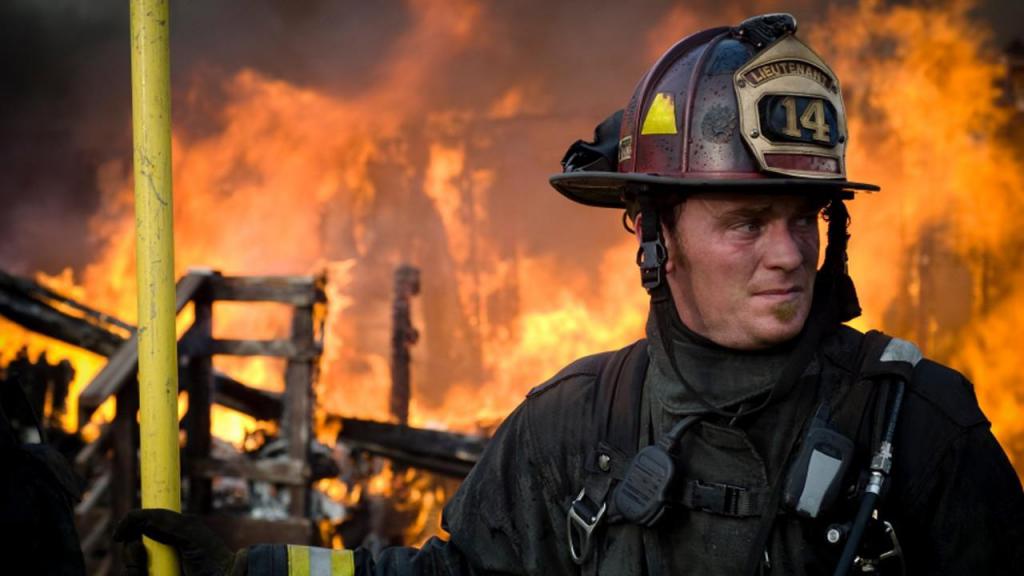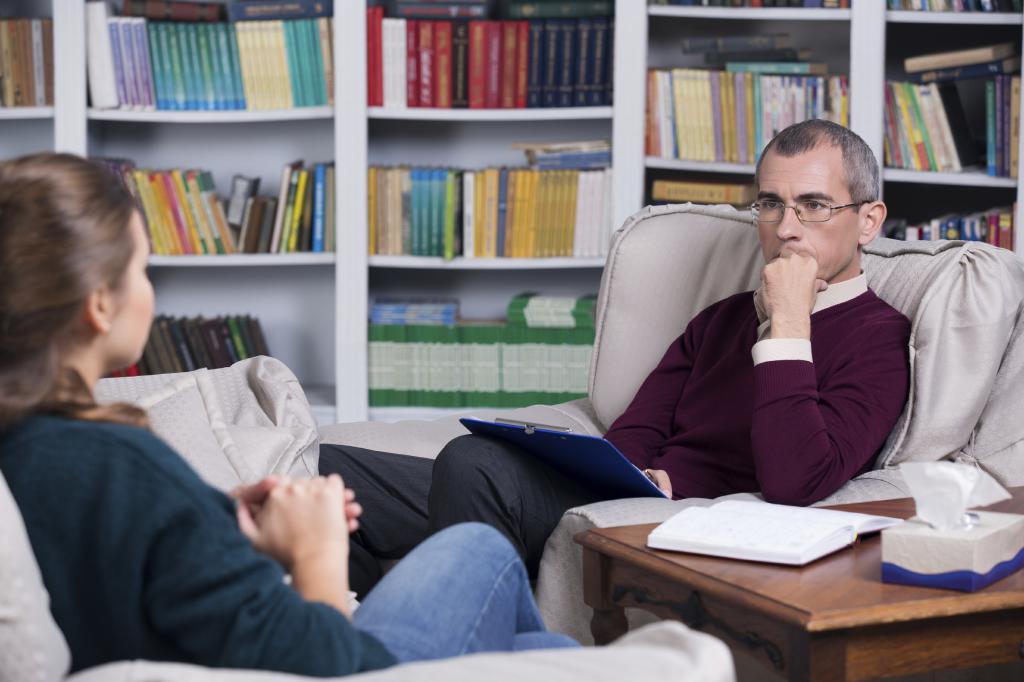On various forums, branches continually appear in which the indignant lay out a list of tricky, in their opinion, questions that the psychiatrist asks at the medical board. But it is important to understand that a specialist is not sitting in his office for fun, and certainly not for your humiliation.
The task of a psychiatrist is to soberly assess your adequacy, and often a visit to him is required when a person will have direct contact with other people in the future. Let's find out what questions the psychiatrist asks at the medical board (for rights, for weapons, for work).

Why is it necessary
An ordinary citizen who does not have a psychiatric education will not be able to recognize an unbalanced or violent person in the crowd. Those who managed to get help by working around, albeit not entirely legal, are surprised at what questions the psychiatrist asks at the medical board. But it is this specialist who will be able to recognize a person with mental disabilities, he only needs to talk a little with him.
Most people prone to aggression, schizophrenia, disorders live among us. For many years, and sometimes all life, the disease may not manifest itself. They start families, give birth to children, conduct business and communicate well with others, but one turning point can change your friend, and yourself, for the worse.
Before finding out what questions a psychiatrist asks at a medical examination, it is important to understand that only this specialist is able to protect the population from the danger that you may be exposed to if an unbalanced or emotionally unstable person receives permission for a weapon, a driver’s license, a certificate for working with a large number of people (both adults and small).

We give on the rights
Let's find out what questions the psychiatrist asks at the medical board to replace rights or to obtain them. You can prepare for an interview with a specialist, but only partially. As a rule, because the employee initially asks simple questions about the use of prohibited substances or alcohol, whether there were injuries, whether you are registered somewhere, etc. If the specialist understands that a few more leading questions need to be asked, he may ask :
- “Explain how relatives differ from family members?”
- "What is the difference between the train and the tram?".
- "Find similarities in two different objects, such as a pencil and a shoe."
Some municipal and private institutions have computers installed or psychological tests available, such as the Rorschach test. The main task of a specialist is to find out how adequate his patient is, because the driver must be able to navigate in difficult situations, have a good reaction and be aware that he has many lives in his hands, including his.

Standard physical examination
It doesn’t matter whether you work with people or in complete isolation, because visiting the clinic for the sake of a medical book is a prerequisite. Therefore, many are interested in what questions a psychiatrist asks at a medical examination for work:
- It all starts with a standard survey: do you smoke, do you drink, are there injuries, are there any complaints.
- The more dangerous the profession, the more difficult the test will be. But going through a psychiatrist, even if you are a plumber, is important.
- As a rule, to undergo a medical examination for work, you need to contact the clinic. There is always a big turnover, so psychiatrists usually do not ask patients, there are too many tricky questions. But sometimes, nevertheless, one has to turn on logical thinking in order to explain how a plane differs from a bird.
To get a weapon license
Another popular topic on the forums, which we figured out, is what questions a psychiatrist asks at a medical examination for weapons. It is important to understand here that before issuing a license for the right to acquire cold steel or firearms, a specialist must 100% verify the adequacy of his patient. That is why the psychiatrist has every right to ask tricky, logical, strange questions that drive people into a stupor:
- Firstly, passing a commission, they will “study” you. If you are registered with the IPA, then the permit will not be signed, because this already indicates the presence of a mental diagnosis (even if you are absolutely harmless and ended up in the dispensary due to a busy schedule at work).
- Secondly, if you have any kind of psychiatric diagnosis, you must go to the PND, undergo an examination, and then get a certificate that you are completely healthy. In some cases, you need to deregister, on which you previously were.

So what questions does the psychiatrist ask at the medical board:
- "Father of brother or brother of father - what is the difference?"
- “How many fingers are on one hand?” And on the other? "
- "Which is heavier - a kilogram of iron or a kilogram of cotton?".
- "How do hedgehogs breed?"
And here it is important to understand that everything depends on the specialist himself. If he considers it necessary to ask a series of tricky questions, then he will do it. The main thing is to behave calmly, balancedly and appropriately.
What is the point of the questions
It's not that the psychiatrist is amused how stupid his patient looks when he reflects on what the pencil and shoe have in common. More important is your reaction. Most people believe that when they come to the clinic for a physical examination, the specialist will simply put a stamp and say: “Free! Next!”.
Responsible psychiatrists who decide whether you can handle weapons or during a fire in the Ministry of Emergency Situations can not only ask unusual questions about hedgehogs, airplanes and family ties, but also conduct various tests, check your reaction, lift them up from your chair and make them walk room with eyes closed.

When people hear another question about fathers, children, the family tree, they begin to divide into two halves: the first calls the specialist “stupid” and “fool”, and the others draw a logical chain, referring to facts and knowledge. And the latter, as a rule, receive help in the end.
But it all depends on the significance of your medical board. If you want to enlist in the armed forces, then you will be carefully studied. And for those who are worried about what questions the psychiatrist asks at the medical board in practice, you can calmly breathe out. The main thing there is to confirm that you are not registered with the IPA, you were not previously involved, you were not convicted, you do not use drugs and you do not have any pathological dependencies that could harm others and endanger them.
Stop worrying
There is nothing worse than excitement. The main thing is to understand one truth: you can make mistakes, you can answer incorrectly, but you cannot be rude or insult a specialist.
If you are a very impressionable person, in no case do not read the news bulletins before visiting a psychiatric office, and do not discuss this issue in the forums. In most cases, unpleasant answers await you, where people share their negative experiences. But why scare yourself if the probability that they will ask tricky questions is less than 5 percent?

Do not be afraid to make a mistake
The psychiatrist may ask a security question that will drive you into a dead end. It is necessary to answer it as simply as possible, not being afraid to reason aloud or to make any arguments. The main fear of many people: "If I answer incorrectly, then the psychiatrist will put me on record in the IPA." Not at all. Psychiatrists are people who understand that there are individuals who worry, worry, or do not have critical thinking.But if you start throwing yourself at a specialist, open your arms and insult, then you may not get help or permission.
Finally
Remember that before you get to the psychiatrist’s office, he will already know everything about your past life - whether you were involved, whether you are registered, etc. Most of the questions are pure formality, a duty that a specialist should fulfill at his post.
